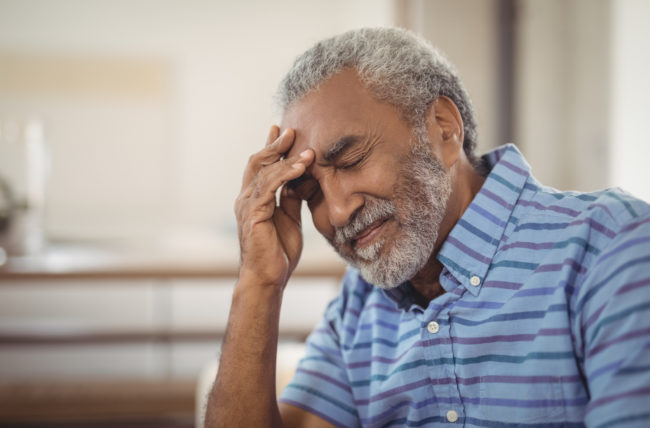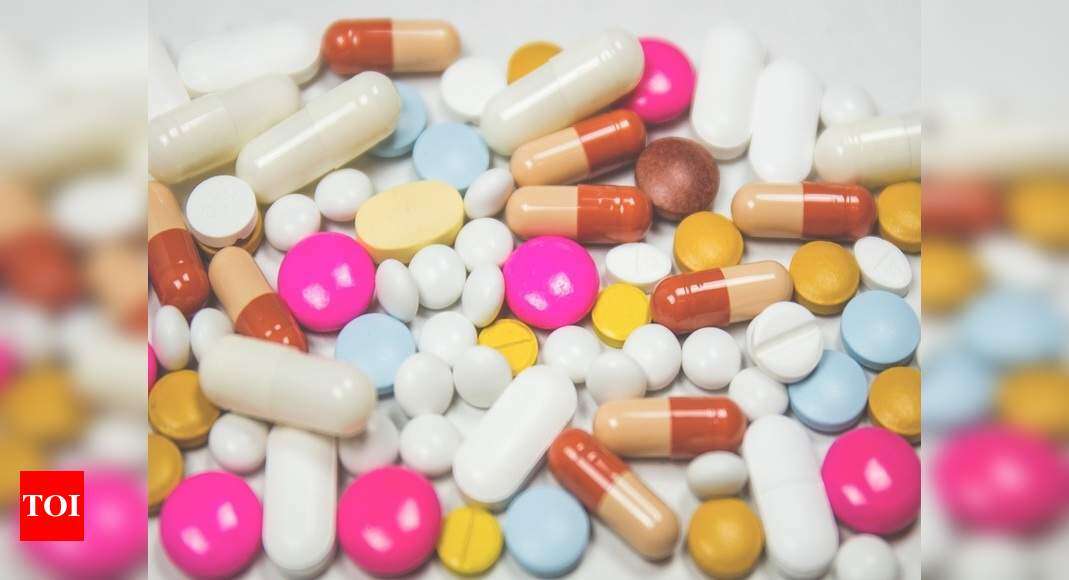Everything You Need To Know About The Causes and Effects of a Stroke
Everything You Need To Know About The Causes and Effects of a Stroke
Strokes are a surprising and sometimes fatal event that many people know very little about. This article explains the causes, effects and best ways to deal with them.
What is a stroke?
A stroke is a serious medical condition that affects the brain and spinal cord.
A stroke can cause lifelong damage to your brain and can lead to death.
The most common type of stroke is a cerebral stroke, which is caused by an obstruction or blockage in one of the brain’s blood vessels.
Other types of strokes include a hemorrhagic stroke (a sudden rupture of a blood vessel in the brain) and a vasospasm stroke (a sudden increase in blood pressure in one or more arteries in the brain).
There is no one cause of strokes, but they are strongly associated with high blood pressure, smoking, and diabetes.
Strokes can also be caused by certain diseases, such as Alzheimer’s disease, Huntington’s disease, and vascular dementia.
What are the effects of a stroke?
The effects of a stroke depend on the type of stroke that you have and on how severely it affects your brain.
Cerebral strokes can cause problems with speech, movement, thinking, and memory. They can also lead to seizure (a sudden burst of motor activity), paralysis on one side of your body, and death.
Vasospasm strokes may cause difficulty speaking
The Types of Strokes
There are three types of strokes: ischemic, hemorrhagic, and thrombotic. Ischemic strokes are caused by a blockage in an artery that leads to tissue death. Hemorrhagic strokes are caused by a rupture in an artery or vein, which can lead to massive blood loss. Thrombotic strokes are due to the formation of blood clots.
Prevention of Stroke
Prevention of stroke is essential to reducing the number of strokes and improving the outcomes for patients. Here are some tips to help reduce your risk:
-Regular physical activity: Regular physical activity can reduce your risk of stroke by reducing the risk of obesity and heart disease. Exercise can also improve blood flow and circulation, which reduces the risk of stroke. Try to get at least 150 minutes of moderate-intensity exercise per week.
-Quit smoking: Smoking is one of the major causes of stroke. Quitting smoking can decrease your risk of stroke by as much as 50%.
-Avoid excessive alcohol consumption: Excessive alcohol consumption can increase your risk of stroke. You should limit yourself to two drinks per day for women, and three drinks per day for men.
-Eat a healthy diet: A healthy diet can reduce your risk of stroke by reducing the number of unhealthy fats in your diet and by increasing the amount of fruits and vegetables you eat.
-Get vaccinated against HPV: HPV is a virus that can cause cervical cancer, as well as other types of cancer. Getting vaccinated against HPV can help protect you from other types of cancer, including a stroke.
Symptoms of a Stroke
A stroke is a serious medical emergency that can cause severe brain damage or death. If you experience any of the following symptoms, call 911 immediately:
1. Difficulty speaking or understanding speech
2. Convulsions or seizure
3. Loss of balance or coordination
4. Weakness on one side of the body
5. Extreme confusion
6. Sudden numbness or tingling in one arm or leg
7. Sudden headache
Causes of Heart Disease and Stroke
There are many causes of heart disease and stroke, but they all stem from one root cause-bad cholesterol. The buildup of bad cholesterol (also called plaque) in your arteries is the leading cause of both heart disease and stroke.
Bad cholesterol is created when the body produces too much LDL (low-density lipoprotein) or “bad” cholesterol. LDL is the type of cholesterol that can build up in your blood vessels over time and cause damage to your heart and brain.
The good news is that you can reduce your risk for both heart disease and stroke by following a healthy diet, exercising regularly, and avoiding tobacco smoke. But it’s important to remember that you can’t do it all on your own-you need help from your doctor as well.
Treatment for Stroke
If you have a stroke, it’s important to get timely treatment. There are many different treatments available depending on the severity of the stroke. Some common treatments include:
-Medications to improve blood flow in the brain
-Surgery to remove blockages in the blood vessels supplying the brain
-Injections of cells that promote healing
-Pumps to help recuperate lost blood volume in the brain




